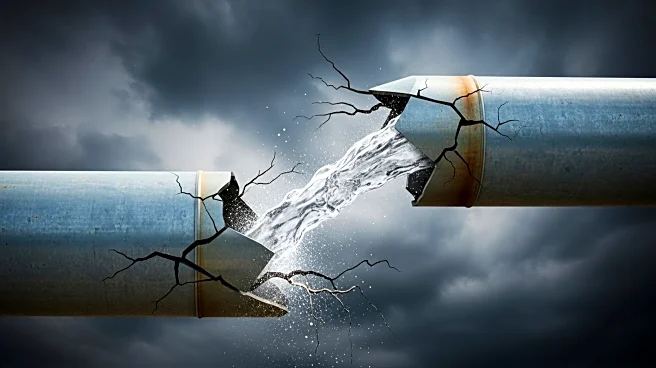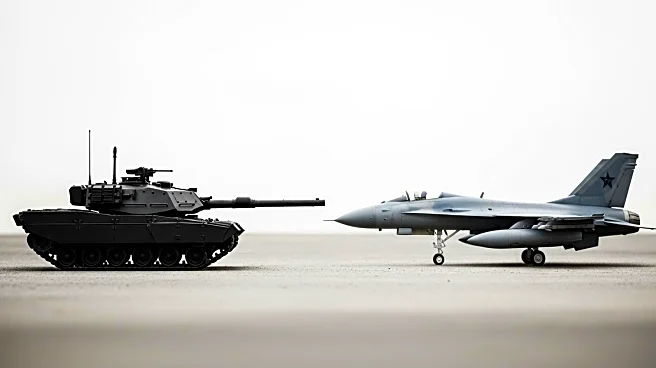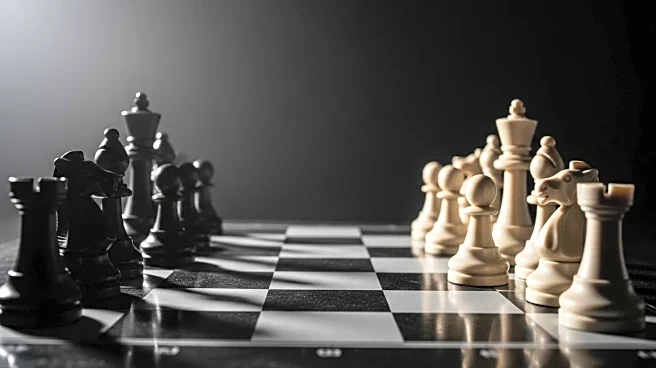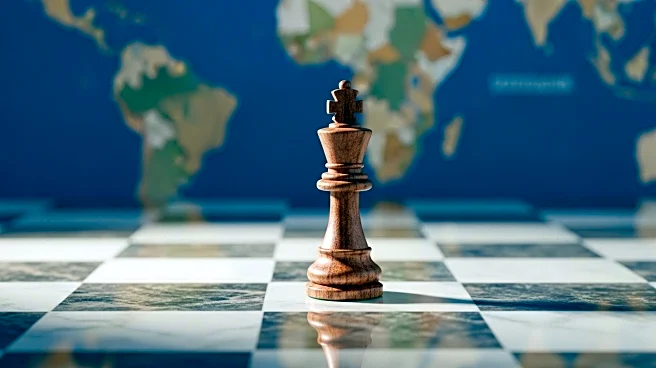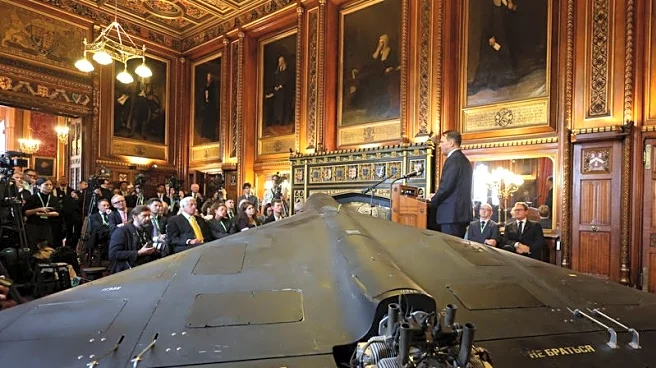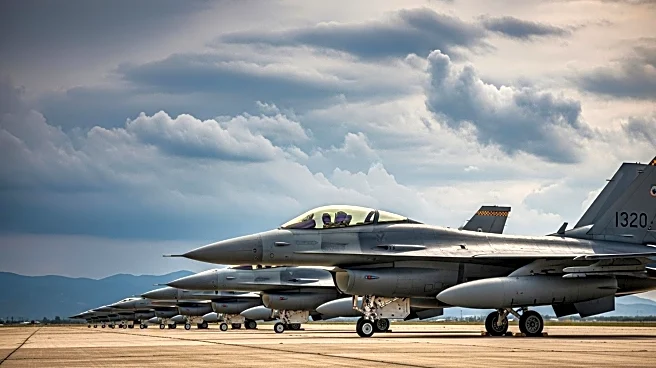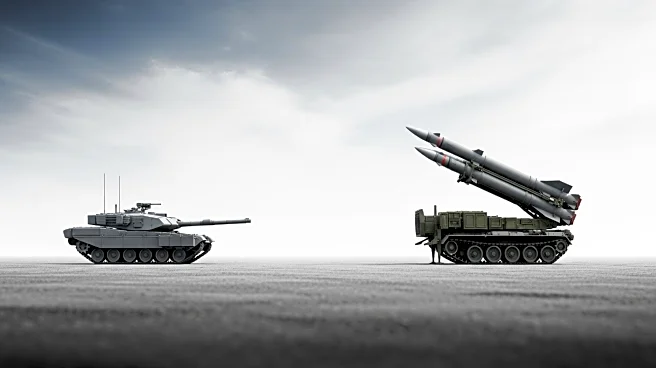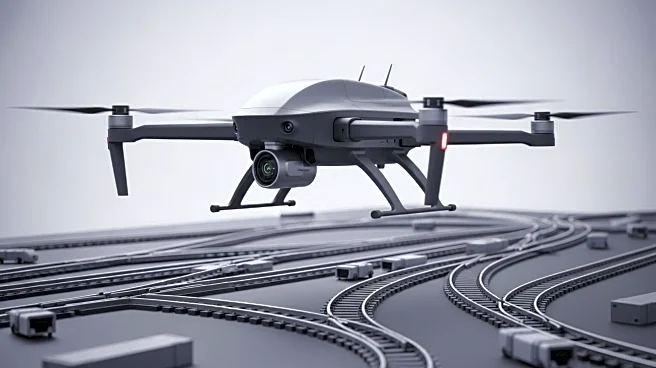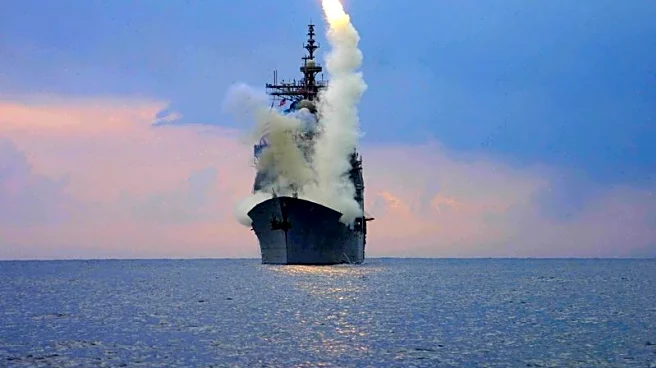What's Happening?
Despite aggressive actions, Russian President Vladimir Putin is not achieving his strategic objectives in the Russia-Ukraine war. Recent drone incursions into European airspace have been interpreted as attempts to undermine NATO's credibility. However,
these provocations have not resulted in significant gains for Russia. The narrative of Putin's invincibility persists in Western media, often overshadowing the reality of Russia's military and geopolitical challenges. The ongoing conflict has strained Russia's economy and diminished its influence in neighboring regions.
Why It's Important?
The perception of Putin as a formidable adversary influences global political discourse and policy decisions. Overestimating his power can lead to misguided strategies and amplify his threats. Recognizing the limitations of Russia's military capabilities and economic stability is crucial for formulating effective responses to the conflict. This analysis highlights the importance of a realistic assessment of Putin's influence, which could shift international strategies and reduce the perceived threat posed by Russia.
Beyond the Headlines
The portrayal of Putin as an omnipotent leader serves as a convenient narrative for Western media, simplifying complex geopolitical dynamics. This mythmaking can obscure the actual state of affairs, where Russia faces significant internal and external challenges. A more nuanced understanding of Putin's position could lead to more informed policy decisions and reduce the impact of Russian propaganda. The analysis calls for a reassessment of the narrative surrounding Putin's power and its implications for global security.


